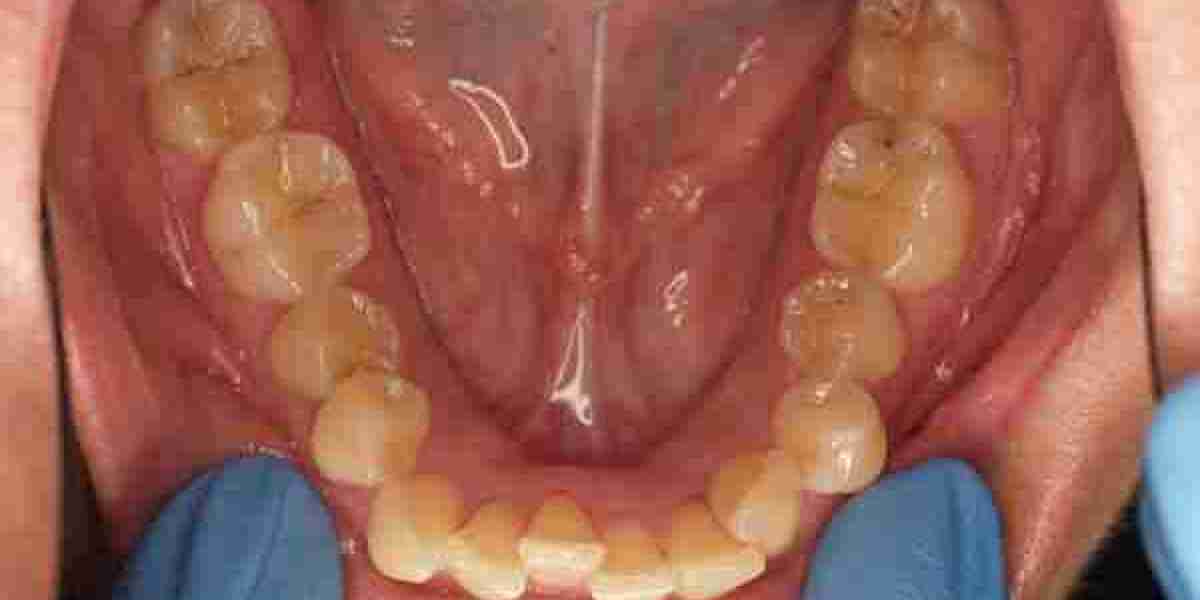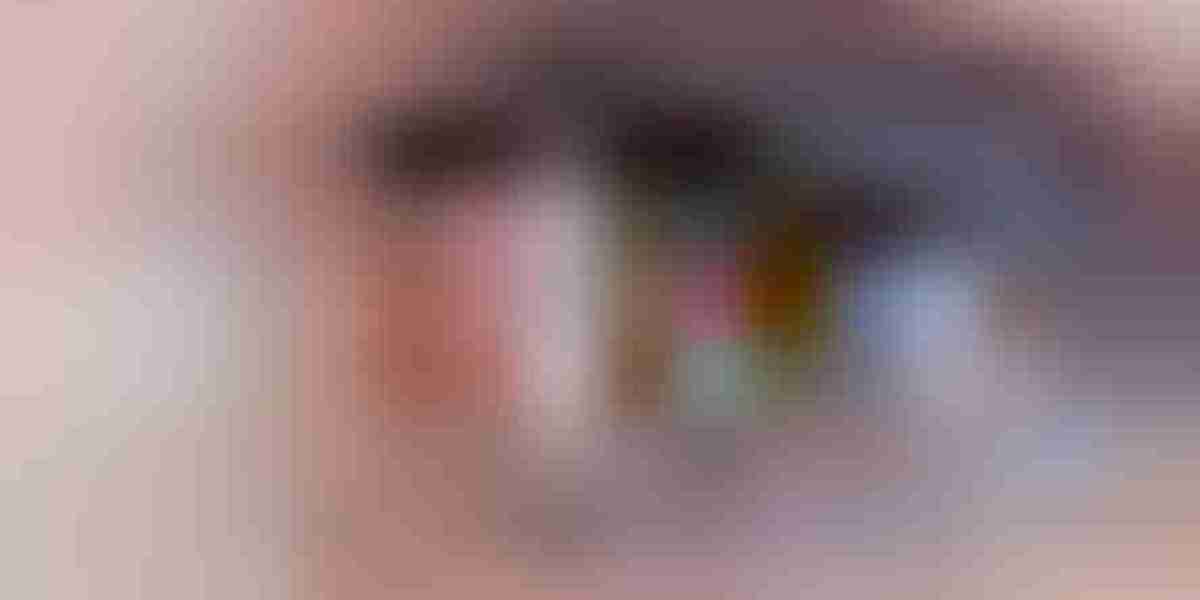If you're a parent noticing your child’s teeth growing in tightly or out of alignment, you may be wondering, how can kids with crowded teeth be treated early? Early intervention is crucial because it can guide proper dental development, reduce the need for extractions, and even shorten future orthodontic treatment. Identifying and addressing Crowded Teeth at a young age often leads to better, long-lasting results.
Recognizing the Signs of Dental Crowding in Kids:
The first step to early treatment is identifying the signs of crowding. Dental crowding typically appears when the permanent teeth start to erupt and there isn’t enough space for them to come in properly.
Signs to watch for include:
Overlapping or twisted new teeth
Early or late loss of baby teeth
Teeth appearing behind or in front of others
Difficulty chewing or speaking clearly
Jaw discomfort or visible bite issues
Pediatric dentists recommend a dental checkup by age 7 to evaluate tooth and jaw development, even if crowding appears minor at first.
Early Orthodontic Evaluation and Timing:
Early evaluation allows dentists to detect issues before they become more complex. While not all children with crowding need immediate orthodontic appliances, an early diagnosis provides the opportunity to monitor and time treatment appropriately.
Benefits of early orthodontic evaluation include:
Identifying jaw size discrepancies early
Monitoring growth to anticipate space issues
Planning phased treatment for better outcomes
Reducing need for surgical or extraction-based solutions later
Dentists may recommend “interceptive orthodontics,” which begins while a child still has some baby teeth and aims to guide proper development.
Common Early Treatments for Crowded Teeth:
Treating crowded teeth early involves non-invasive and growth-friendly techniques that work with the child’s developing jaw. These treatments are designed to create space or align the jaw before all the permanent teeth come in.
Popular early treatment options include:
Palatal expanders: Widen the upper jaw to make more room
Space maintainers: Hold gaps open for incoming permanent teeth
Partial braces or aligners: Used on a few teeth to guide alignment
Tooth extraction (in some cases): Removes baby teeth to create space naturally
Growth modification devices: Encourage proper jaw alignment during development
These treatments are often easier and faster during childhood, when bones and tissues are more adaptable.
Long-Term Benefits of Early Intervention:
Crowded Teeth Treatment early doesn’t just improve alignment—it can also positively impact a child’s overall oral health and confidence. Early orthodontic care often simplifies or shortens full braces treatment during the teen years, or in some cases, avoids it altogether.
Advantages of early treatment include:
Reduced risk of tooth decay and gum problems
Improved speech development and chewing function
Better facial symmetry and jaw alignment
Lower chance of permanent teeth becoming impacted
Improved self-esteem from a more aligned smile
Early care lays the foundation for a healthy, functional, and attractive smile that can last into adulthood.
Partnering with the Right Dental Professionals:
So, how can kids with crowded teeth be treated early? It starts with choosing a pediatric dentist or orthodontist who understands the importance of early intervention. With careful monitoring, timely treatment, and child-friendly techniques, you can help your child avoid more serious dental issues in the future.
To ensure the best care, parents should:
Schedule an orthodontic screening by age 7
Choose a specialist experienced in early treatment
Follow through with recommended checkups and follow-ups
Encourage good oral hygiene at home
Stay informed and involved in treatment decisions
Being proactive about early dental care gives your child a smile they can grow into with confidence and health.




